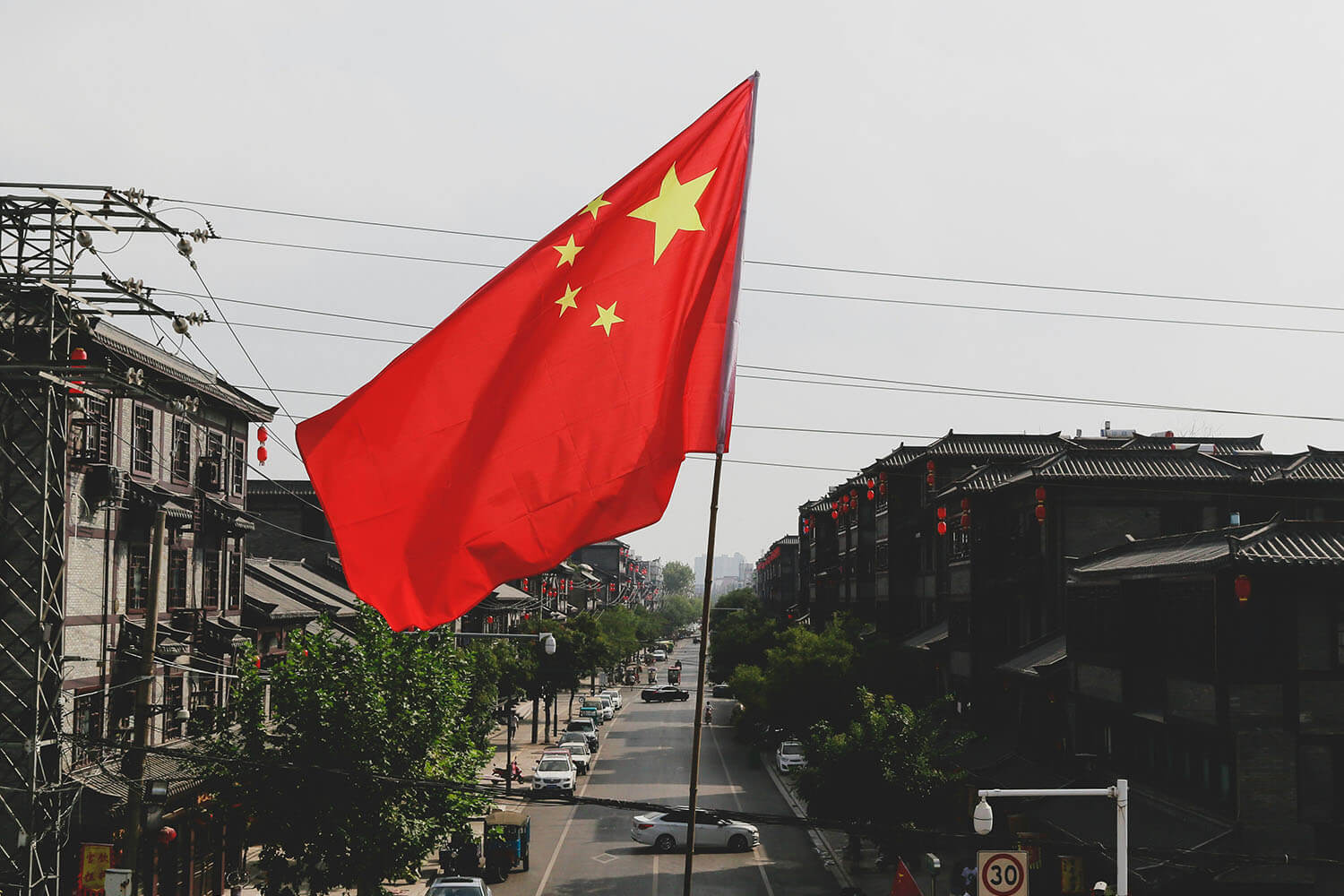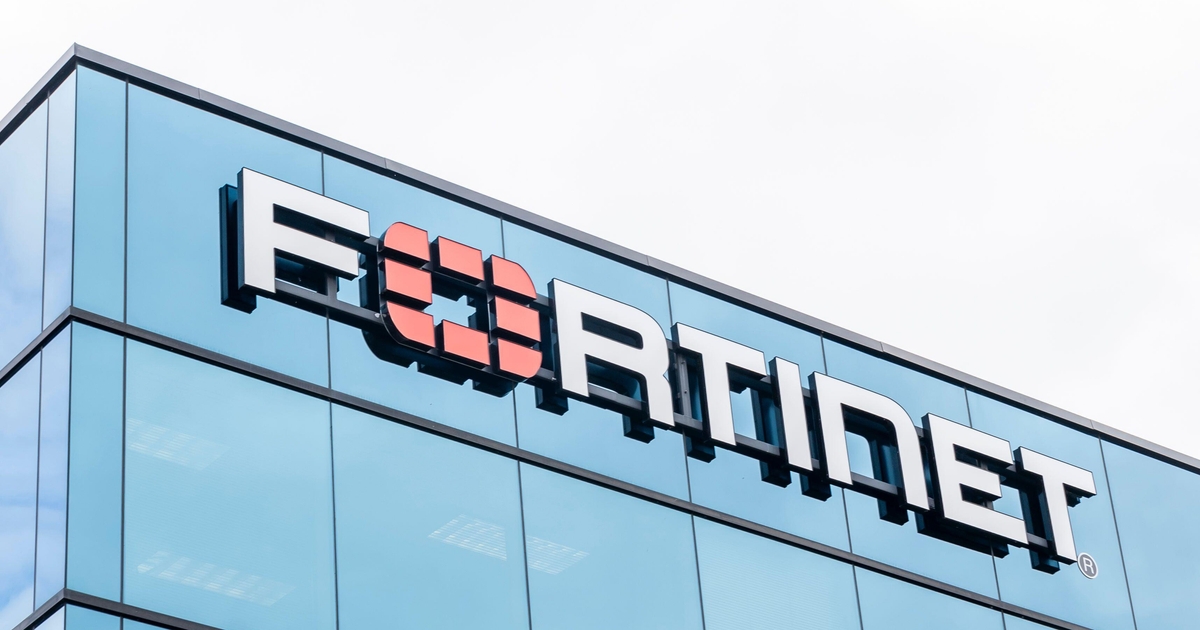Introduction to the Musk-Trump Connection
There has been considerable speculation about the potential implications of Elon Musk’s close ties to the new Trump administration on his vast business empire. On one hand, President Trump could potentially relax regulatory constraints on Tesla and allocate additional government contracts to SpaceX. Conversely, markets that are favorable to the electric vehicle (EV) industry but opposed to the new administration’s policies, including cost-cutting measures led by Musk himself, are already showing signs of souring on Tesla.
China’s Potential Leverage
We are now witnessing another potentially adverse consequence as China considers utilizing Tesla as a bargaining chip in trade negotiations.
Tesla’s Autonomous Ambitions
Tesla’s car sales were stagnant in 2024, and to maintain its lofty valuation, Musk has staked the automaker’s future on autonomy, encompassing both self-driving cars and humanoid robots, which he perceives as a more lucrative opportunity than the low-margin traditional business of selling vehicles. He now dedicates most of Tesla’s earnings calls to discussing a future where autonomous fleets of "Cybercabs" will navigate streets and replace human drivers. The company has been gradually introducing its Full-Self Driving (FSD) technology through an optional add-on for current Tesla owners, with plans to initiate testing of a fully autonomous taxi service in Austin sometime this year.
China’s Stance on Autonomous Technology
China, which is Tesla’s second-largest market, has not permitted the company to roll out autonomous technology within its borders. President Trump’s recent imposition of 10% tariffs on goods exported from China has created an opportunity for the country to use the president’s confidant as leverage. According to the Financial Times, Chinese authorities are contemplating using the approval of Tesla’s autonomous-driving license as a bargaining chip in trade negotiations with Trump. This is reportedly the primary reason for the delay in granting the permit.
Trade Negotiations and Their Impact
The approval could still be forthcoming, depending on the progression of trade negotiations, one of the individuals added. However, another source stated that some people within the company believe a swift consent is unlikely unless there is a significant breakthrough or concession in trade talks. President Trump has asserted that China engages in unfair competition in the global economy by subsidizing local industries and has also pressed the country to crack down on fentanyl distribution.
Musk’s Influence and Interests
In China, competitors like BYD have surpassed Tesla in selling ultra-affordable EVs to the masses, rendering Tesla less essential in the country. President Trump has a compelling reason to support Musk, given that his super PAC war chest has aided the president in exerting power within the GOP by targeting disloyal politicians. Musk was also behind DOGE’s campaign against diversity, equity, and inclusion (DEI) and government elites, which Trump feels have consistently been opposed to him.
Regulatory Challenges
China currently does not allow Tesla to train on driving footage within its borders, and the U.S. does not permit the company to train in China due to export restrictions. Musk has stated that Tesla has been preparing for a rollout in the country by training its AI systems on publicly available videos of Chinese streets accessible from the U.S.
Musk’s Promises and Challenges
Musk has long promised full autonomy, where passengers do not need to operate a vehicle at all, but has consistently missed his own deadlines. Even now, Musk is adjusting his expectations by stating that full autonomy will not be available to U.S. drivers this year but rather a more limited rideshare service in fixed areas like Austin. It is crucial to remember this. Moreover, it is uncertain whether Tesla can achieve full autonomy in the first place, considering regulatory approvals. The company has not demonstrated this feat at scale without a human driver at the wheel, unlike Waymo.
EV Incentives and Competitor Impact
On another front, Musk has surprisingly been in favor of rolling back EV buyer incentives in the U.S., including tax credits that have greatly benefited his company. Critics cynically believe he supports this move because Tesla would be less adversely affected than competitors like Rivian, which are still far from profitability.
Conclusion
It appears to be Musk’s world, and we are just living in it. The question remains: how much of the next four years of policy moves will be attributable to his needs?
Source Link





